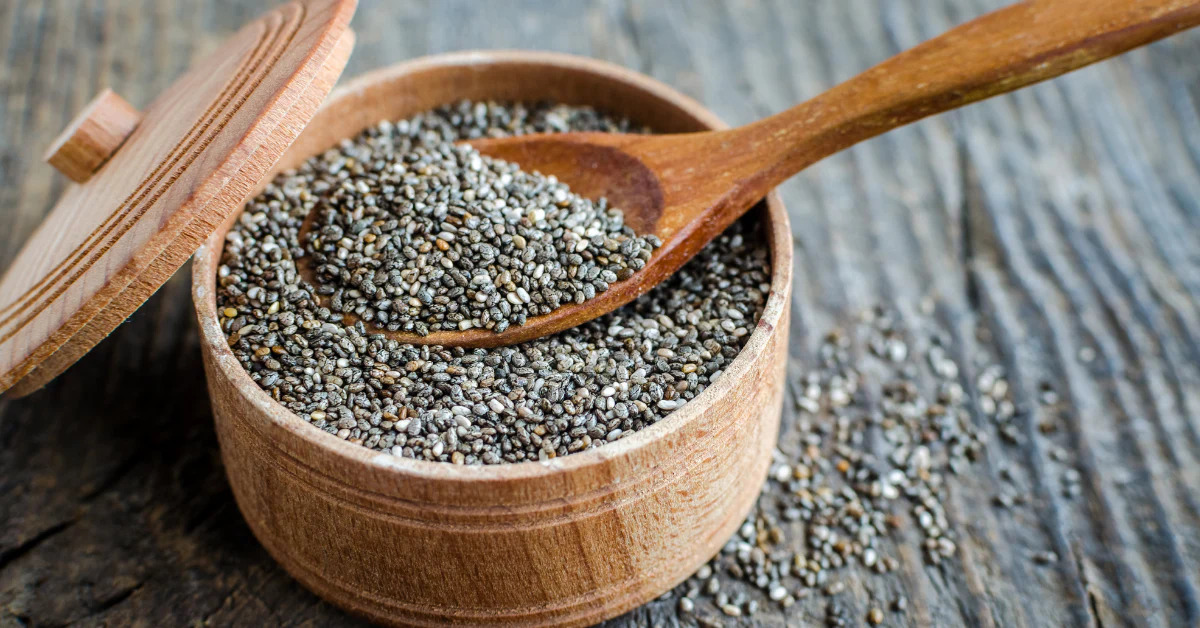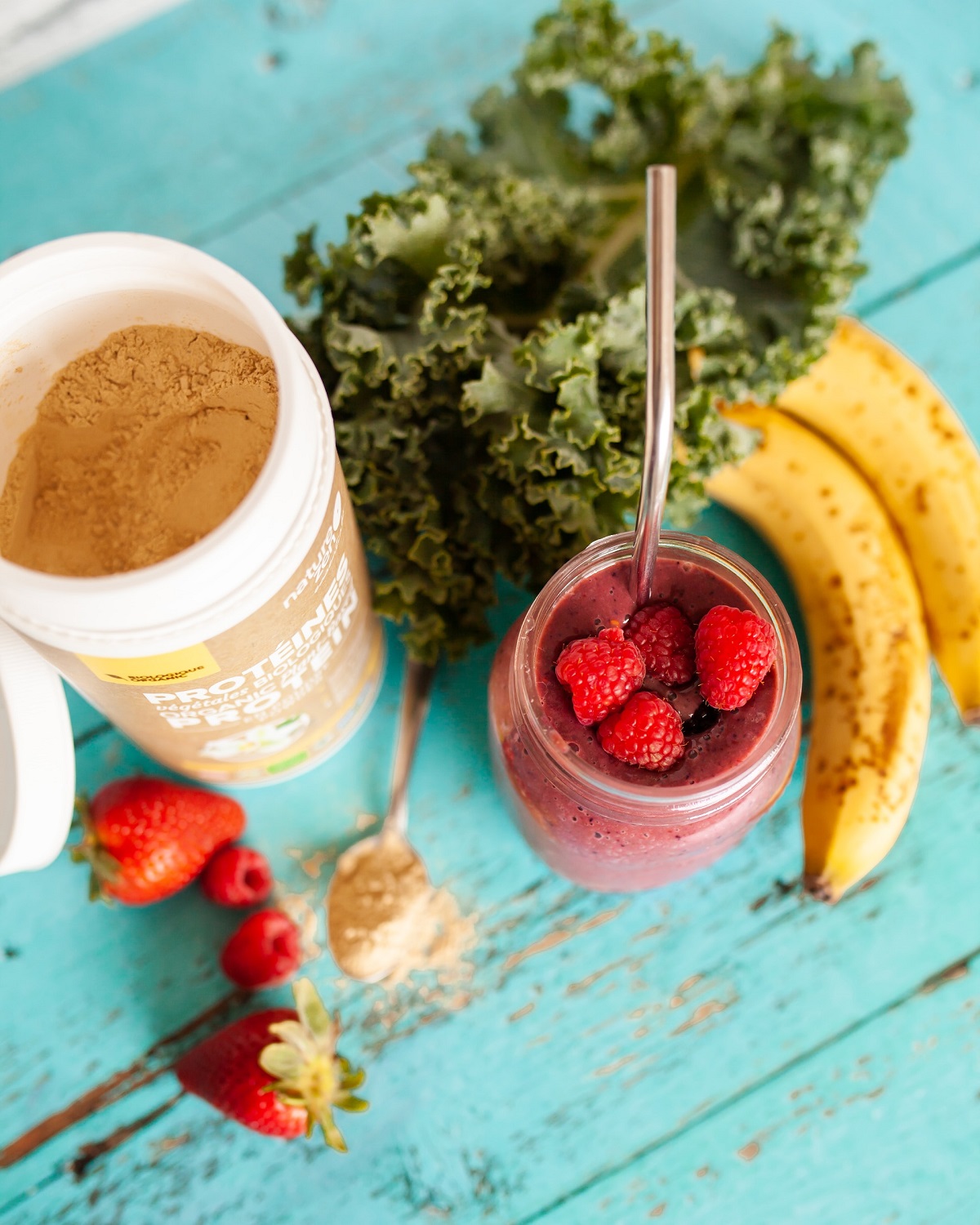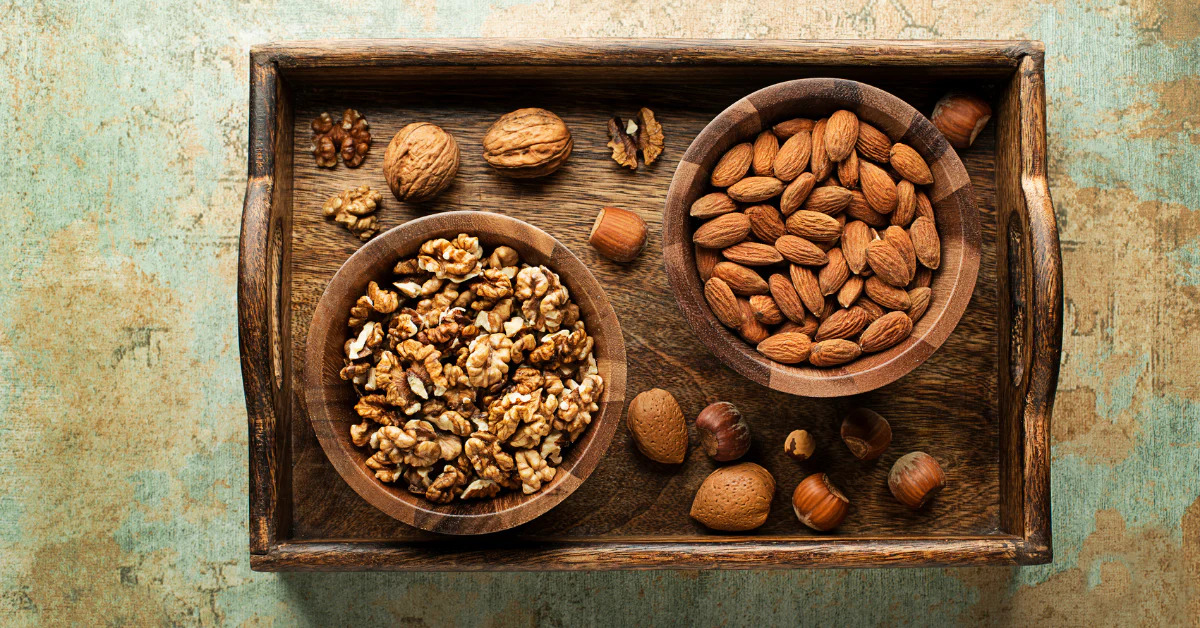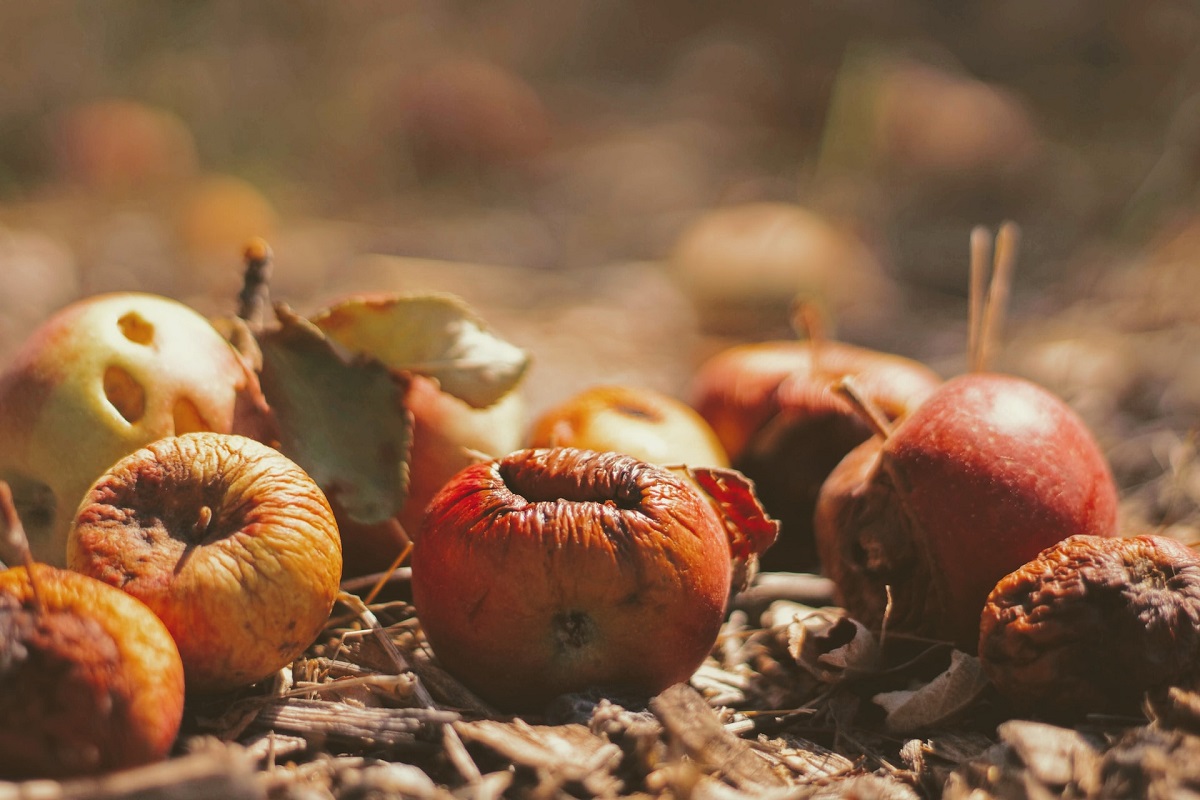A Comprehensive Guide To Chia Seeds And Its Health Benefits
Chia seeds have become very popular recently due to their nutritional value and health benefits. Although these seeds are tiny, they are incredibly rich in nutrients. These seeds are derived from the Salvia Hispanica plant, native to Mexico, and have been consumed by indigenous communities for their rich nutrient profile. With the increased demand, it is now commercially grown in many countries, including Peru, Australia, Mexico, Guatemala, and the United States. The significant health benefits of this seeds include blood sugar management, improvement of good and bad cholesterol in blood, and strong bones. However, it would help if you learned more about how it benefits your health.
In this article, we will explore what chia seeds are, their nutritional composition, and their health benefits.
What Are Chia Seeds?
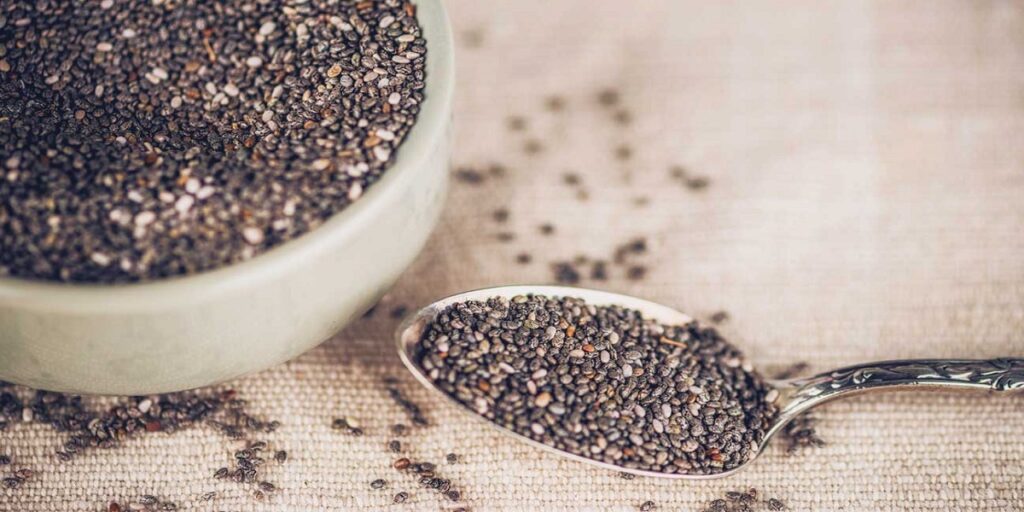
Chia seeds are tiny, oval-shaped seeds that come from the chia plant, a member of the mint family. These seeds can vary in color, ranging from white to gray to dark brown or black. They are hydrophilic, meaning they can absorb large amounts of water and form a gel-like consistency when soaked.
What Is The Nutritional Composition Of Chia Seeds?
Chia seeds are a nutritional powerhouse packed with various essential nutrients contributing to their health-promoting properties. Here’s a breakdown of their nutritional composition:
- Dietary Fiber: Chia nuts are a good source of dietary fiber, both soluble and insoluble. A single ounce of these seeds contains a substantial amount of fiber, improving digestion and promoting feelings of fullness.
- Omega-3 Fatty Acids: Chia seeds are among the richest plant-based sources of alpha-linolenic acid (ALA), omega-3 fatty acid. Omega-3s are known for their heart-healthy benefits and their role in reducing inflammation.
- Protein: Contain moderate protein, making them valuable to plant-based diets. They provide essential amino acids and contribute to muscle repair and growth.
- Antioxidants: Chia nuts are rich in antioxidants, including chlorogenic acid and caffeic acid. These compounds help protect cells from oxidative stress and may contribute to overall health.
- Vitamins and Minerals: Source of various vitamins and minerals, including calcium, phosphorus, magnesium, and manganese. These nutrients are essential for bone health, energy metabolism, and well-being.
What Are The Health Benefits Of Chia Seeds?
Chia seeds offer numerous benefits due to their nutrient-rich profile. Here are some potential benefits of incorporating into your diet.
1. Weight Management
Chia seeds’ high fiber and protein content can benefit individuals aiming to shed excess weight.
For every ounce (28 grams) of chia seeds, there is an impressive nearly 10 grams of dietary fiber. It signifies that chia ovule comprise about 35% fiber by weight. Although research findings are varied, certain studies propose that including fiber in your diet might contribute to preventing overweight and obesity.
Furthermore, the protein content in these seeds may reduce appetite and caloric consumption. A study involving 24 participants revealed that consuming either 0.33 ounces (7 grams) or 0.5 ounces (14 grams) of chia nuts combined with yogurt during breakfast led to increased sensations of fullness and reduced food intake in the short term, compared to consuming yogurt without chia nuts.
An earlier study conducted in 2009 involving 90 individuals with excess weight found that consuming 50 grams of chia seed supplements daily for 12 weeks did not influence body weight or health markers, including blood pressure and markers of inflammation.
While integrating chia seeds into your diet may not independently lead to weight loss, it can be a beneficial addition to a well-rounded and nutritious eating plan, mainly if your goal is to manage your weight effectively.
2. Source Of Antioxidants
Chia seeds are rich in antioxidants and are an outstanding source of these beneficial compounds.
Antioxidants play a dual role in seeds – they safeguard the delicate fats within the seeds from becoming rancid and contribute to human health by counteracting reactive molecules known as free radicals. Accumulating free radicals in the body can damage cell components, ultimately leading to aging and diseases like cancer.
The assortment of antioxidants found in chia seeds encompasses chlorogenic acid, caffeic acid, myricetin, quercetin, and kaempferol. These antioxidants possess the potential to provide protective effects for vital organs such as the heart and liver while also exhibiting anticancer properties.
For instance, chlorogenic acid has been associated with the potential to reduce blood pressure, while caffeic acid is recognized for its anti-inflammatory effects. These antioxidants collectively contribute to fortifying overall health by mitigating oxidative stress and supporting various bodily functions.
3. Reduce Risk Of Heart Diseases
Given their high fiber and omega-3 content, the consumption of chia seeds may contribute to a decreased risk of heart disease.
The predominant type of fiber found in this seed, soluble fiber, can potentially lower total and LDL (often referred to as “bad”) cholesterol levels in the bloodstream. This effect, in turn, can reduce the likelihood of heart disease.
Furthermore, ALA, an omega-3 fatty acid in chia ovule, has been associated with a lowered risk of heart disease. Despite these connections, studies on the correlation between chia seeds and heart health have produced inconclusive outcomes.
Several studies conducted on rats have demonstrated that chia ovule can decrease specific risk factors for heart disease, including elevated levels of triglycerides and oxidative stress. Similarly, some human studies observed that chia seed supplements significantly lowered blood pressure in individuals with hypertension, a substantial risk factor for heart disease.
4. Manage Blood Sugar Level
Incorporating chia seeds into your diet may contribute to regulating blood sugar levels, potentially attributed to their fiber content and other advantageous compounds.
Individuals with diabetes often contend with elevated blood sugar levels, increasing the risk of various complications, including heart disease. Encouragingly, animal studies have indicated that chia ovule have the potential to enhance insulin sensitivity, a factor that could aid in stabilizing blood sugar levels following meals.
While human research remains limited, certain older studies have shown promising outcomes. Notably, research conducted in 2010 and 2013 suggests that consuming bread infused with these seeds may help lower the post-meal surges in blood sugar among healthy adults instead of consuming bread without chia seeds.
However, further investigation is necessary to establish a more comprehensive understanding of the intricate relationship between these nourishing seeds and the regulation of blood sugar levels.
5. Better Bone Health
Incorporating chia seeds into your diet may contribute to regulating blood sugar levels, potentially attributed to their fiber content and other advantageous compounds.
Individuals with diabetes often contend with elevated blood sugar levels, increasing the risk of various complications, including heart disease. Encouragingly, animal studies have indicated that chia ovule have the potential to enhance insulin sensitivity, a factor that could aid in stabilizing blood sugar levels following meals.
While human research remains limited, certain older studies have shown promising outcomes. Notably, research conducted in 2010 and 2013 suggests that consuming bread infused with chia ovule may help lower the post-meal surges in blood sugar among healthy adults instead of consuming bread without chia seeds.
However, further investigation is necessary to establish a more comprehensive understanding of the intricate relationship between these nourishing seeds and the regulation of blood sugar levels.
How Can You Incorporate Chia Seeds In Your Diet?
Chia seeds are versatile and you can easily incorporate them into various dishes:
- Chia Pudding: Mix it with your choice of liquid and let it sit until it forms a pudding-like texture. Add fruits or nuts for flavor.
- Smoothies: Blend chia seeds into your morning smoothie for a nutritional boost.
- Baking: Add chia ovule to muffins, pancakes, or bread recipes for extra texture and nutrition.
- Yogurt Parfait: Layer chia ovule , yogurt, and fresh fruits to create a nutritious parfait.
- Salads: Sprinkle chia buds on top of salads for a crunchy texture and added nutrition.
Important Considerations:
Here are a few things that you should consider when incorporating chia seeds in your diet:
- Hydration: Due to their water-absorbing properties, drinking enough fluids when consuming these seeds is essential to prevent discomfort.
- Portion Control: While chia ovule are nutrient-dense, they are also calorie-dense. Portion control is necessary, especially if you are watching your calorie intake.
- Allergies: Chia ovule are generally well-tolerated, but like any food, they can trigger allergies in some individuals. If you have a history of allergies, consult a healthcare professional before incorporating chia ovule into your diet.
Conclusion
In conclusion, chia seeds have emerged as a nutritional powerhouse, gaining recognition for their remarkable health benefits and versatility in various culinary creations. These tiny seeds, sourced from the chia plant, offer a wealth of nutrients such as dietary fiber, omega-3 fatty acids, protein, antioxidants, vitamins, and minerals.
From aiding in weight management through their fiber and protein content to bolstering heart health by reducing cholesterol levels and mitigating oxidative stress, chia ovule have proven to be a valuable addition to a balanced diet. Moreover, their potential to regulate blood sugar levels and contribute to better bone health further accentuates their significance in promoting overall well-being.
Incorporating chia nuts into your diet is simple and adaptable, allowing you to enhance the nutritional value of various dishes, from chia pudding to smoothies, baking, yogurt parfaits, and salads.
As you embark on a healthier lifestyle, remember to stay hydrated when consuming chia ovule, practice portion control, and be mindful of potential allergies. By embracing the nutritional prowess of chia nuts, you can elevate your diet and reap the manifold benefits they offer.
Read More: HEALTH BENEFITS OF HORCHATA PROTEIN
